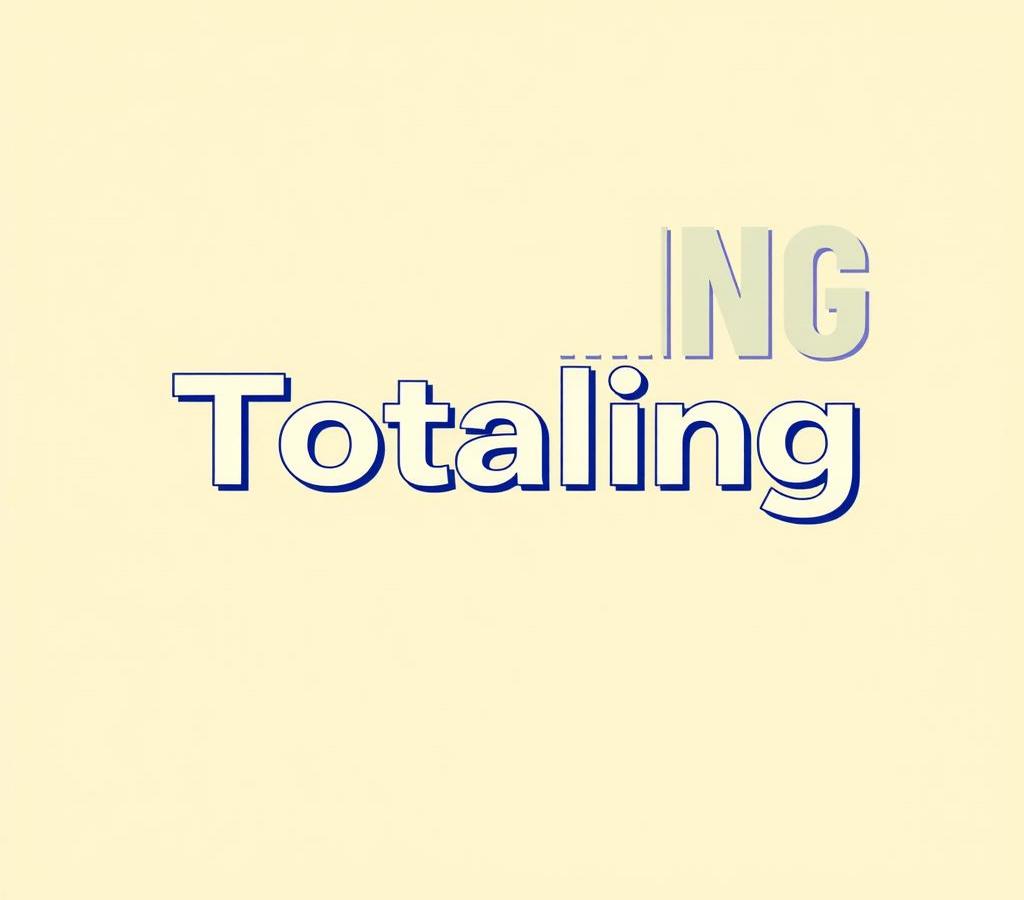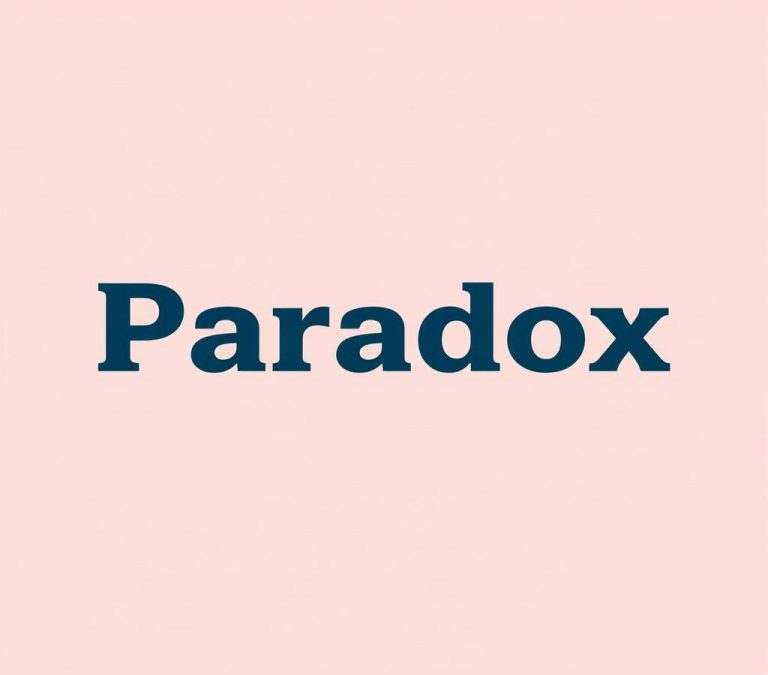Totalling vs. Totaling: Grammar Usage & Which to Use
When it comes to writing, even the most experienced writers can get tripped up on certain words. One common conundrum is the spelling of the word “totalling” or “totaling”. Both forms are commonly used, but which one is correct? The answer may surprise you. In this article, we’ll explore the history behind both words, their regional differences, and provide guidance on when to use each spelling to ensure your writing is accurate and polished.
Quick Answer
The correct spelling depends on your region:
- UK and Australia: “totalling” (double L)
- US and Canada: “totaling” (single L)
Both are acceptable, but use the one that matches your audience’s regional English variant.
Why There is Confusion
The confusion between “totalling” and “totaling” stems primarily from the differences in American and British English. Both words essentially mean the same thing but are spelled differently depending on which version of English you are using. This often leads to confusion, as people might not be aware that these are regional spelling variations rather than completely different words. Additionally, the prevalence of American English on the internet can sometimes make British English speakers second-guess their spelling, and vice versa.
What Does Totalling Mean?
“Totalling” is commonly used in British English and refers to the act of adding up numbers to reach a final sum. It can also mean to amount to a particular total when the sums are combined. For example, “After totalling the scores, we found that our team had won.” In this instance, “totalling” acts as a verb, describing the action of summing up numbers. In more informal contexts, “totalling” can also describe the act of achieving a certain cumulative effect, such as “The damage was totalling up.”
What Does Totaling Mean?
“Totaling” is the American English counterpart to “totalling.” It has the same meanings and uses but follows the American English convention of dropping one ‘L’ in such verb forms. For example, “Have you finished totaling all the expenses for this month?” As in the British English variant, “totaling” stands as a verb meaning to sum up or calculate the total. The significance and applicability remain the same; the difference lies merely in the spelling.
Differences between Totalling and Totaling
Differences in Verb Form
In terms of verb forms, “totalling” is used mainly in British English while “totaling” is the preferred usage in American English. They both perform the same function in sentences and have the same meaning: to add up numbers to get a final sum.
- British English: “We are totalling the scores for the final report.”
- American English: “We are totaling the scores for the final report.”
Despite the difference in spelling, readers will understand the intent is to calculate a total amount irrespective of the regional variation.
Differences in Noun Form
As nouns, the words “totalling” and “totaling” don’t usually appear since they are primarily used as verbs. However, when used in a broader context, these words are converted to the noun “total,” rendering the regional variations irrelevant. For instance:
- Verb: “I’m totalling the expenses for the monthly budget.”
- Noun: “The total expenses for the monthly budget are…”
This shows that as nouns, the words amalgamate into a single form: “total.”
Differences in Adjective Form
When used as adjectives to describe a situation where a total has been reached, the word “total” is typically used regardless of whether you’re writing in British or American English. For example:
- Verb: “We were totalling the responses all afternoon.”
- Adjective: “The total responses reached 100.”
Again, the adjective form converges into “total,” erasing any regional differences.
Synonyms
Here, we will examine synonyms for both “totalling” and “totaling.” Although these synonyms can be used interchangeably, it is crucial to ensure they fit contextually within sentences.
Totalling Synonyms
In British English, you can replace “totalling” with several other terms depending on the context. Some of the most common synonyms include:
- Summing
- Adding up
- Calculating
- Counting up
- Computing
For instance:
- Original: “I am totalling the votes.”
- With Synonym: “I am summing the votes.”
Totaling Synonyms
Similarly, in American English, “totaling” can often be replaced with synonyms that convey the act of summing or calculating numbers. Some of these include:
- Summing
- Adding up
- Calculating
- Counting up
- Computing
For example:
- Original: “I’m totaling the expenses.”
- With Synonym: “I’m calculating the expenses.”
Examples of Usage
To further clarify the differences and how to use these terms, let’s look at examples of both “totalling” and “totaling” in various contexts.
- British English:
- “She is totalling the costs for the wedding.”
- “After totalling our savings, we decided to invest in stocks.”
- American English:
- “He is totaling the scores for the team.”
- “After totaling her hours, she realized she had worked overtime.”
Notice the usage of “totalling” and “totaling” depend purely on the targeted audience’s regional spelling norms. Both serve the same grammatical functions in sentences.
Conclusion
In summary, the difference between “totalling” and “totaling” primarily lies in regional spelling preferences, with “totalling” being British English and “totaling” being American English. Both words mean to sum up numbers to reach a final total. They function identically as verbs, and their noun and adjective forms convert to “total,” removing regional discrepancies in those contexts. Understanding these differences ensures accurate and appropriate usage of these terms based on the audience you are writing for. Synonyms such as summing, adding up, and calculating can be used interchangeably with these terms, providing versatility in expression. Awareness of these subtle differences enriches language comprehension and facilitates clearer communication.







